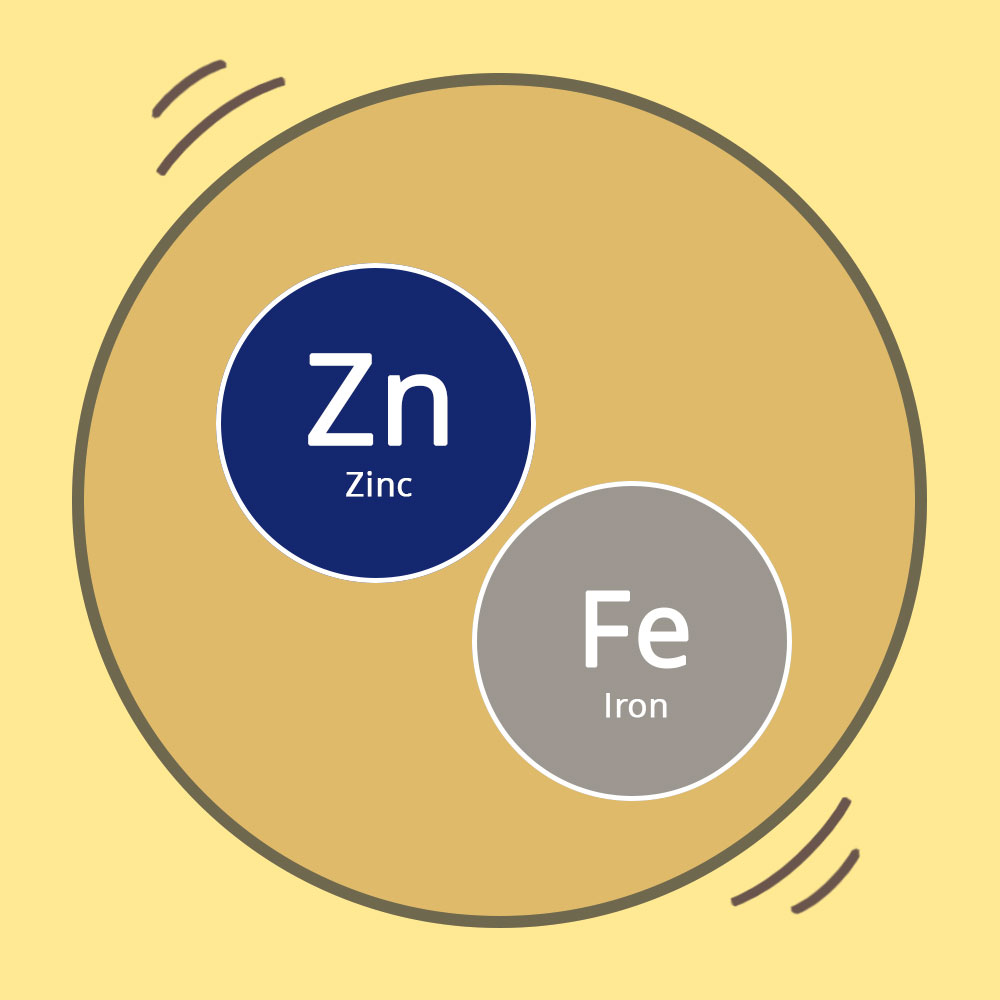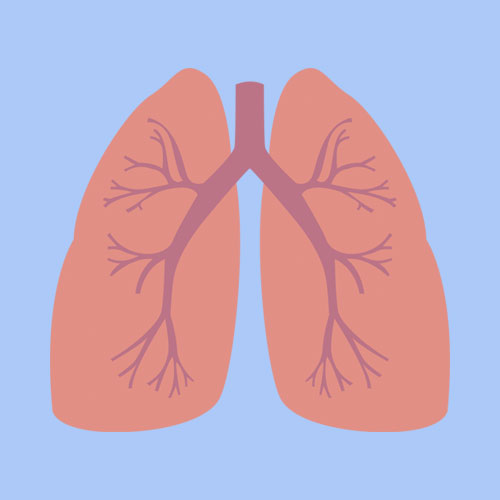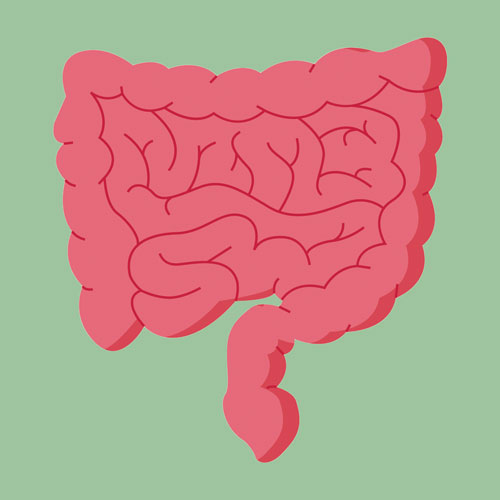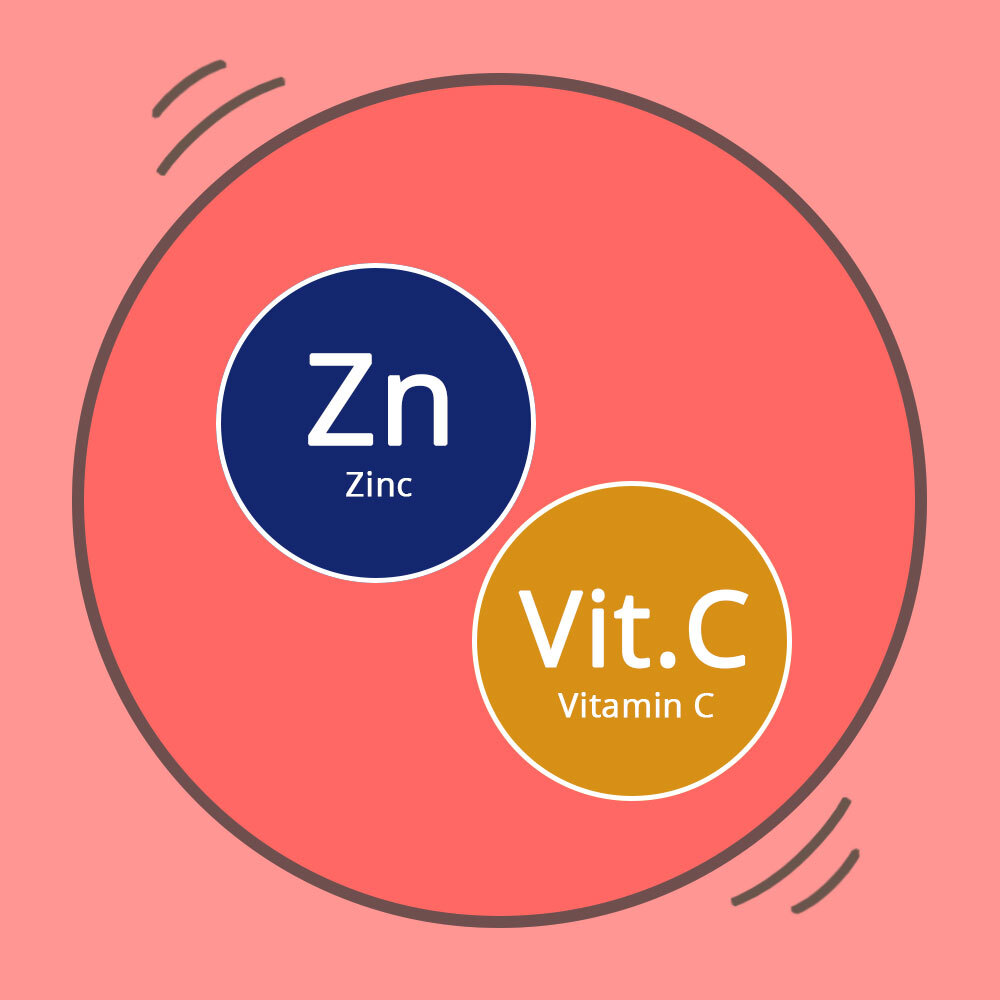Can zinc impact your sleep quality?
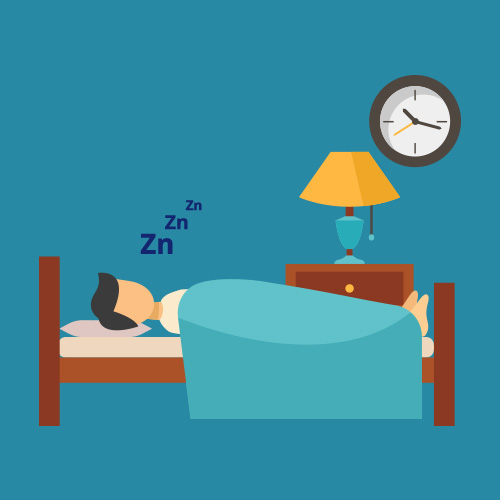
If you've ever spent the night tossing and turning unable to sleep, you probably noticed that you didn't feel your best the next day. A good night's sleep is vital for your overall health and well-being. How you feel when you're awake starts with what happens when you're sleeping. Inadequate sleep can increase the risk for metabolic disease (obesity and diabetes), cardiovascular disease and mental disorders. Yet, Stats Canada reveals that 43% of adults report having consistent sleeping problems every week.
Sleep issues may not be noticeable right away. For example, you may start waking up tired even though you slept for at least 8 hours the night before. Or perhaps you fall asleep easily and wake up in the middle of the night, unable to fall back asleep. Many of us ignore these signs of poor quality sleep, but when left unaddressed, they can lead to irritability, weakened immunity, unwanted weight gain and more.
The sleep-wake cycle
Your body relies on your sleep-wake cycle (circadian rhythm) to send information to the brain with regards to when to sleep and when to wake. Melatonin, the sleep hormone, is produced to regulate this cycle. Levels rise two hours before bedtime in order for your body to prepare for restful sleep. Most people make enough melatonin for sleep on their own. However, your internal clock and melatonin production can be disrupted by jet lag, blue light exposure, night shift work and even nutrient deficiencies.
The relationship between zinc and melatonin
Hormones rely on nerve cells to send signals between different parts of the body. To work effectively, these cells require many key nutrients that work together. A deficiency in one nutrient may lead to a deficiency of the other. Notably, studies have shown that a zinc deficiency is often linked to low melatonin levels. Not only does zinc help the body produce melatonin, it also helps produce melatonin's precursor, a neurotransmitter called serotonin. This means that melatonin levels can be increased naturally by consuming or supplementing with zinc.
Does zinc improve your sleep?
In addition to its ability to improve immune system responses, zinc is a trace mineral that regulates sleep and wake cycles. When levels are sufficient, zinc acts as a cofactor that binds to the AANAT enzyme, the key regulator of the circadian rhythm in all animals. Upon being activated, melatonin is produced. In fact, the rate of melatonin production depends on the activity of AANAT, meaning that we rely on zinc to promote sleep.
Furthermore, zinc is essential for the proper functioning of glycine brain cells, known as glycinergic neurons. Glycine is an amino acid that improves sleep by lowering core body temperature and calming the brain to wind down for bedtime. Zinc enhances the activity of glycine receptors, making sure that the relaxing effects of glycine are activated.
How is the quality of your sleep?
Do you need to improve your sleep hygiene? To assess your sleep quality, consider the following indicators.
What are the effects of good sleep?
- Feeling clear-headed
- Waking up refreshed
- Having sufficient energy throughout the day
What are the effects of poor sleep?
- Struggling to focus
- Having trouble getting up in the morning
- Needing a daytime nap
- Sleeping much longer on unstructured days
If you have been experiencing the effects of poor sleep consistently, you may need to work on your sleep hygiene. With the right nutrients and lifestyle practices, your sleep issues can be solved for good.
Other nutrients needed for sleep
A healthy sleep routine starts with the right combination of nutrients. In addition to melatonin and zinc, a few other vitamins and minerals play an important role.
Magnesium
People with low magnesium levels may experience difficulty falling asleep because of their racing minds. If you have trouble turning off your thoughts at bedtime, magnesium can help relax your mind and prepare your body for sleep.
Keep in mind that even though magnesium is essential for deep, restorative sleep, it is easily excreted by the body during periods of stress. This creates a negative cycle – the more stressed you are, the more magnesium you lose. The less magnesium you have, the less deep sleep you get, leading to more stress on the body.
Vitamin B6
B vitamins are known to support energy levels, but they also help fight insomnia. How? B6 in particular is responsible for producing serotonin and has been shown to improve sleep quality and reduce tiredness on waking. Some individuals have even found it to increase dream vividness and colour!
Calcium
This mineral is known for its effect on brain health, but it is also used by the brain to convert tryptophan, an amino acid, into melatonin. People with low calcium levels tend to wake up in the middle of the night, rarely experiencing deep sleep. In contrast, dietary and calcium supplementation can improve sleep quality.
The best foods for quality sleep
Studies show that a combination of melatonin, magnesium and zinc improve sleep quality. These nutrients can be consumed through foods – adding zinc-rich foods such as oysters has been shown to improve sleep success. Imagine how your sleep can improve when you add melatonin and magnesium-rich foods as well!
If you tend to wake up at the same time every night and are unable to fall back asleep, try consuming these snacks between your dinner and bedtime. Waking up consistently at night is often a sign of imbalanced blood sugar, which can be improved with a balanced snack before bed.
Here are a few bedtime snack ideas to get you started:
- Handful of cherries with cashews
- Apple and peanut butter
- Dark chocolate and almonds
- Corn chips and guacamole
Where do sleep supplements fit in?
Both zinc and melatonin play important roles in good quality restful sleep. A zinc deficiency can hinder good sleep, leading to grogginess, tiredness and unstable mood the next day.
In addition to a diet containing zinc and melatonin-rich foods, a daily zinc supplement such as Zinc Bis-Glycinate 25 can improve sleep quality over time. If you experience chronic insomnia, you may consider trying a sleep aid, such as our Magnesium Sleep + GABA Melatonin. This formula contains magnesium as well as GABA and melatonin. Both magnesium and GABA help the mind relax before bed.


